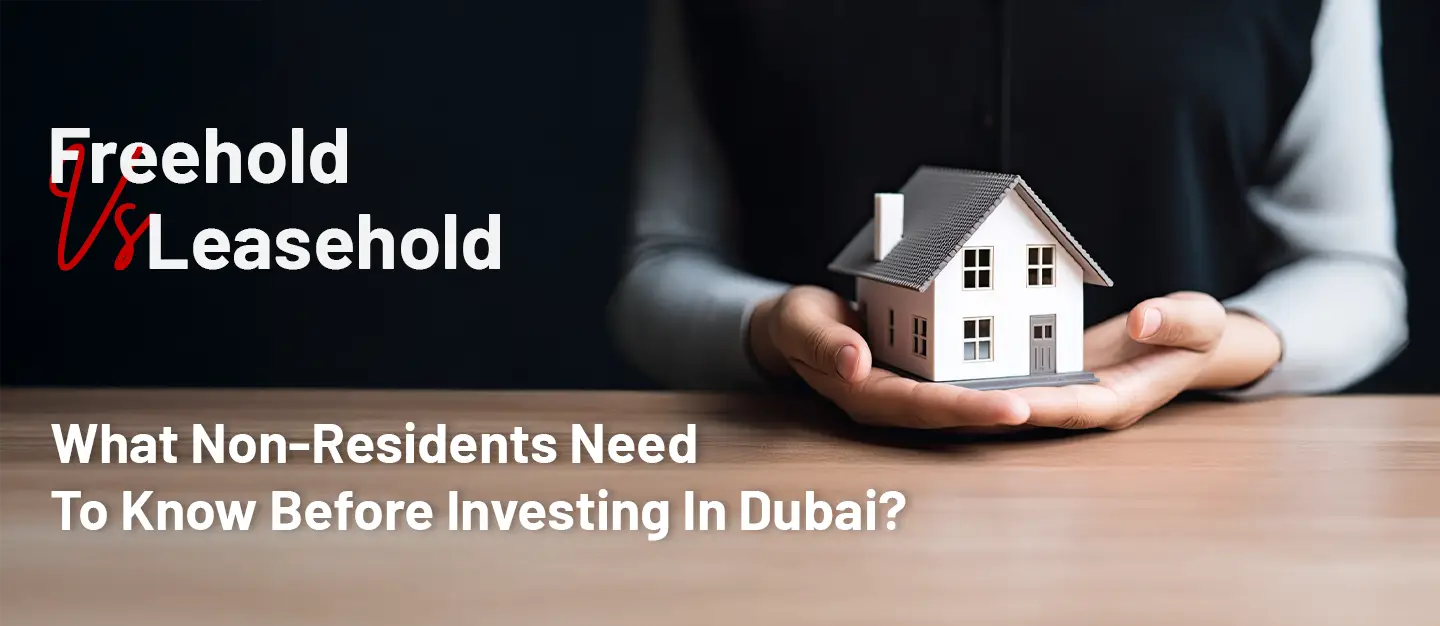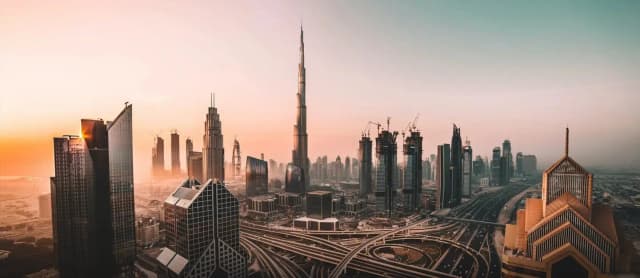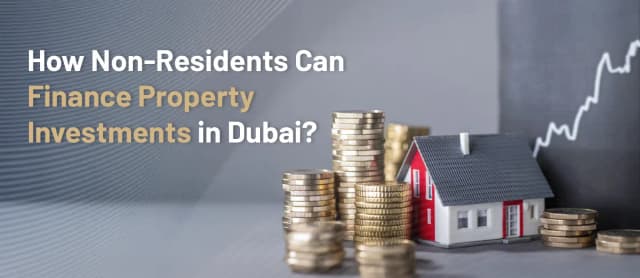However, for non-residents looking to buy property in Dubai, understanding the difference between freehold and leasehold properties is crucial. Making an informed decision can significantly impact your investment’s long-term value and your ownership rights.
What Are Freehold Properties?
Freehold properties allow buyers complete ownership of the property, including the land it is built on. This ownership is perpetual, and investors have the freedom to sell, lease, or pass the property on to heirs as they see fit.
Benefits of Freehold Properties
Full Ownership Rights: Buyers have complete control over the property and can make modifications (subject to local regulations).
Attractive for Investors: Freehold properties are particularly appealing for international buyers because they ensure long-term security.
Residency Benefits: Purchasing freehold property in Dubai above a certain value can qualify investors for long-term residency visas.
Prime Locations: Most freehold properties are located in high-demand areas like Downtown Dubai, Dubai Marina, and Palm Jumeirah, ensuring better returns on investment.
Considerations for Freehold Properties
Higher Upfront Costs: Freehold properties generally require a higher initial investment.
Market Volatility: Property values in prime freehold areas may fluctuate based on market trends.
What Are Leasehold Properties?
Leasehold properties allow buyers to lease the property for a set period, typically ranging from 10 to 99 years. Ownership of the land remains with the freeholder, and the buyer effectively pays for the right to use the property during the lease term.
Benefits of Leasehold Properties
Lower Initial Investment: Leasehold properties are often more affordable than freehold options, making them attractive for budget-conscious investors.
Flexibility: Leasehold arrangements can work well for buyers looking for shorter-term investments.
Shared Responsibilities: Maintenance and major repairs may sometimes fall under the purview of the freeholder.
Considerations for Leasehold Properties
Limited Control: Buyers must adhere to the terms and conditions set by the freeholder.
Ownership Expiry: Once the lease period ends, ownership reverts to the freeholder unless the lease is renewed.
Resale Complications: Selling leasehold properties may be more challenging compared to freehold properties.
Legal Framework for Non-Resident Buyers in Dubai
Dubai’s real estate laws are investor-friendly, but there are distinctions based on property type. Non-residents can purchase freehold properties in designated zones. On the other hand, leasehold properties are governed by specific lease agreements, which require careful review before purchase.
Freehold Zones in Dubai
Popular freehold areas for non-residents include:
Downtown Dubai: Home to iconic landmarks like the Burj Khalifa and Dubai Mall.
Dubai Marina: A vibrant waterfront community with luxury apartments and townhouses.
Palm Jumeirah: A man-made island offering exclusive villas and high-end apartments.
Jumeirah Lakes Towers (JLT): An affordable freehold option with excellent connectivity.
Key Differences Between Freehold and Leasehold Properties
Factors to Consider When Choosing Between Freehold and Leasehold
1. Investment Goals
If you’re looking for a long-term investment with stable returns, freehold properties in prime locations are ideal. However, leasehold properties may suit short-term investors or those with budget constraints.
2. Budget
Freehold properties often come with a higher price tag, so assess your financial capacity. For those starting in Dubai’s real estate market, leasehold options can offer a more accessible entry point.
3. Location Preferences
Freehold zones are limited to designated areas, while leasehold properties may be available in locations that appeal to specific lifestyle or business needs.
4. Future Plans
If you intend to live in or frequently visit Dubai, a freehold property offers better flexibility. Conversely, leasehold properties can work well for expatriates on fixed-term assignments.
How to Ensure a Smooth Property Purchase in Dubai
1. Work with Reputable Real Estate Agents
Collaborate with experienced agents familiar with Dubai’s property market and regulations. They can help you identify the best options based on your needs.
2. Understand Local Laws
Familiarize yourself with Dubai Land Department (DLD) regulations, particularly concerning freehold and leasehold property ownership.
3. Conduct Due Diligence
Whether buying freehold or leasehold property, thoroughly review contracts, and consult legal experts to understand your rights and obligations.
4. Evaluate ROI Potential
Research historical price trends and rental yields for the property’s location to estimate future returns on investment.
Choosing between freehold and leasehold properties in Dubai depends on your financial goals, investment horizon, and lifestyle preferences. While freehold properties offer complete ownership and long-term security, leasehold properties provide an affordable entry point for investors. By understanding the pros and cons of each option and working with trusted professionals, non-residents can make informed decisions and maximize their investment in Dubai’s dynamic real estate market.
For more insights and expert guidance on investing in Dubai’s property market, connect with Silver Oak Properties today. Our team specializes in helping non-resident investors find the perfect property to meet their needs.






